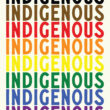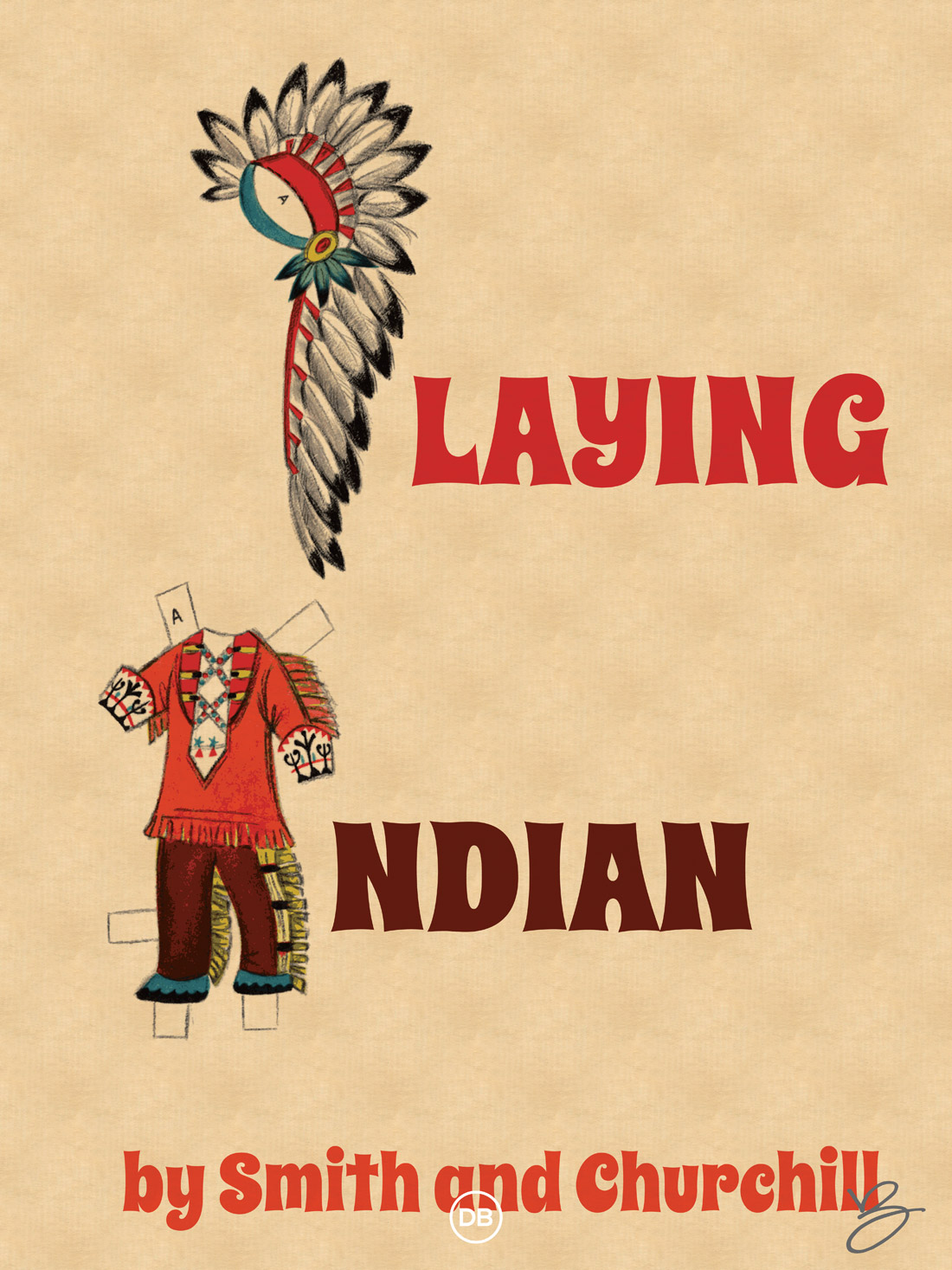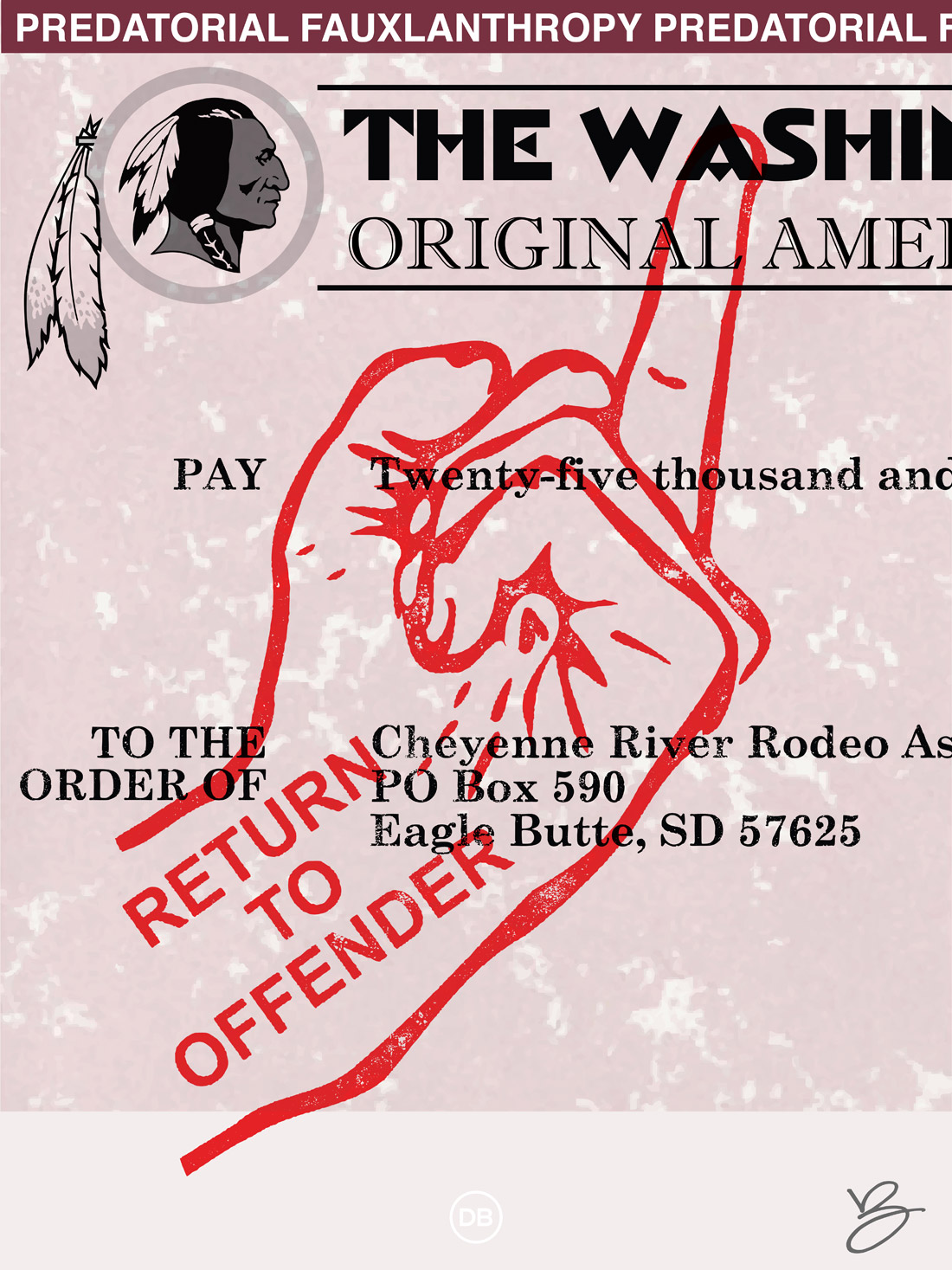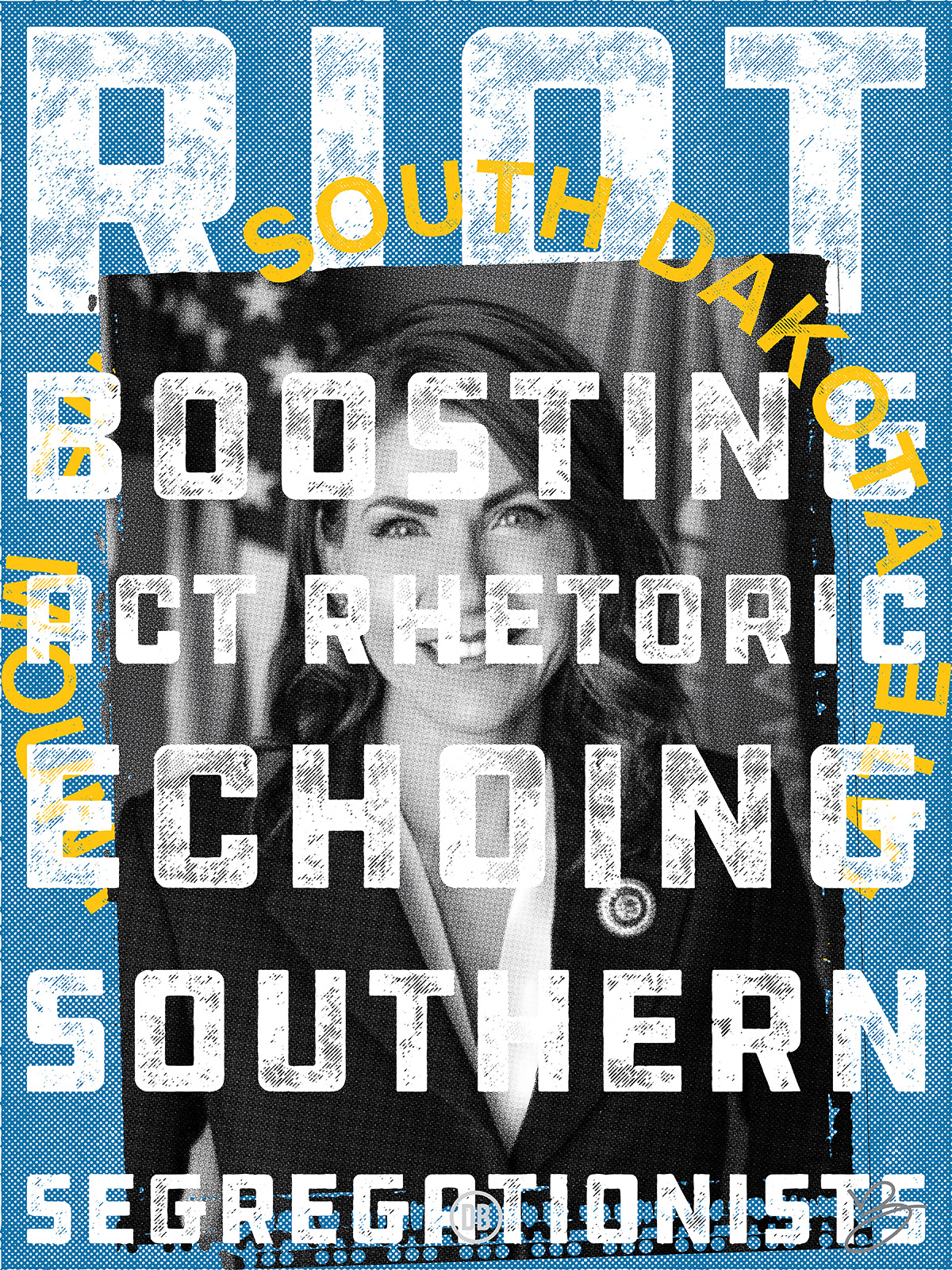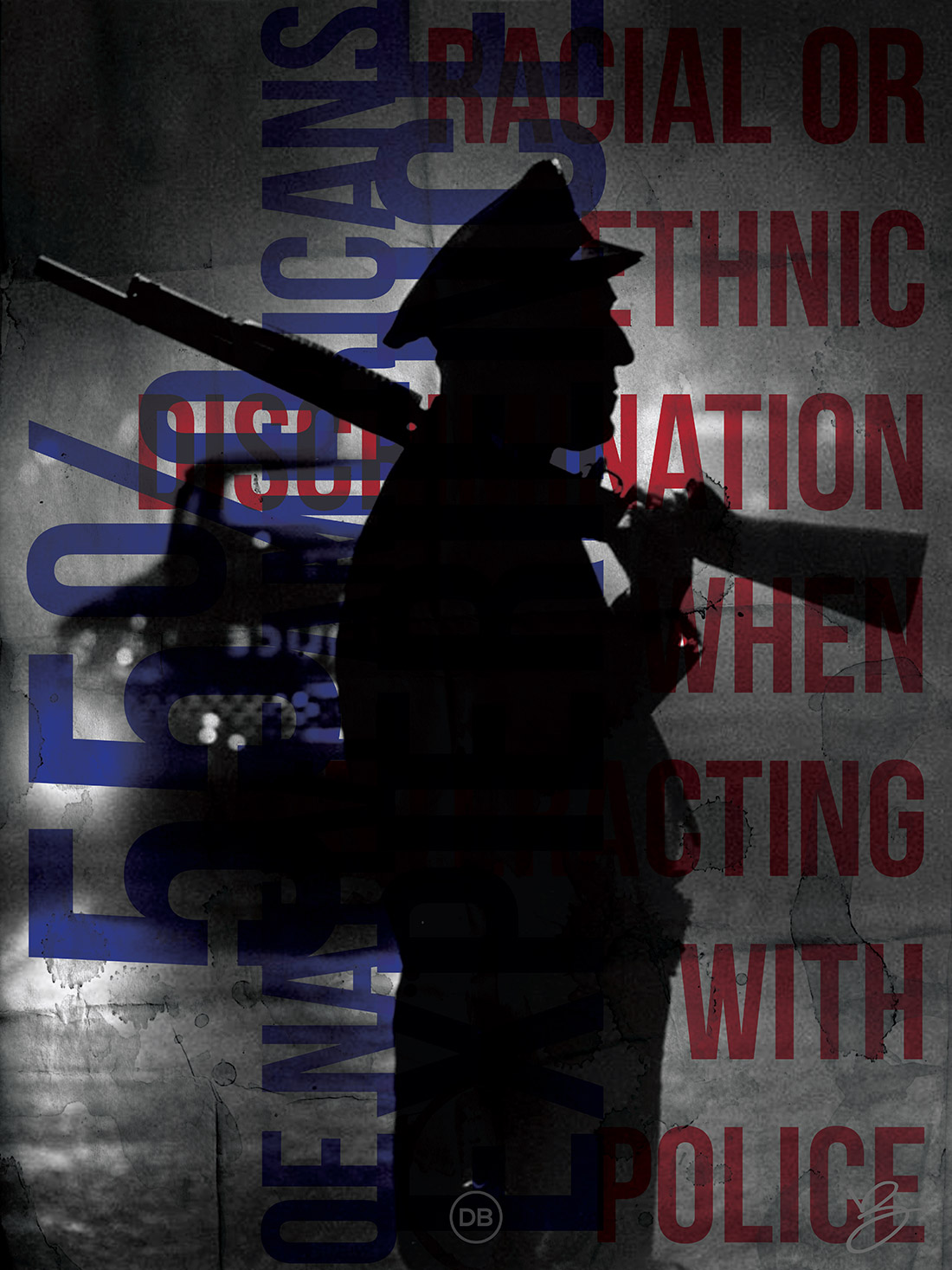Articles
“Smith’s self-acknowledged false claims and lack of clarity on her own identity perpetuate deeply ingrained notions of race—black, white, and Indian—that run counter to indigenous modes of kinship, family, and community connection. When she and others continue to produce her as Cherokee, indigenous, and/or as a woman of color by default, they reinforce a history in which settlers have sought to appropriate every aspect of indigenous life and absolve themselves of their own complicity with continued dispossession of both indigenous territory and existence.
The stories we tell have consequences, and the harm that some stories produce goes beyond their individual context. One of the devastating consequences of Smith having served as the often singular representative of indigeneity in a variety of academic and activist social justice contexts is damage to strategic alliance building, especially between indigenous and non-indigenous women of color. Accountability to communities, kinship networks and multiple histories is part of the difficult work scholars of indigenous and critical race studies must be willing to undertake to ensure that our work combats rather than reinforces or leaves untouched the intricate dynamics of heteropatriarchal racist colonialism.
Our desire here is to help move forward productive conversations surrounding the specific case of Andrea Smith and to also contextualize them within larger discussions long held in NAIS, a crucial field of inquiry. We hope that this current moment can provide scholars and activists involved with NAIS, critical ethnic studies, gender, sexuality and queer studies, and multiple activist communities an opportunity to expand their methodologies, citational practices, pedagogies, curriculum, advising/mentoring, and political organizing. We hope to foster collaboration across our fields and communities that builds our solidarity with LGBTQ, women of color, and all progressive anti-racist and decolonial scholars and activists, and that contributes to our ethical, integral, and accountable relations with one another. We do not ask anyone to step back from dialogue and disagreement, only that all proceed thoughtfully, with awareness of the often conflictual histories of dispossession, oppression and loss that underpin these conversations.”
– Indian Country Today, Open Letter From Indigenous Women Scholars Regarding Discussions of Andrea Smith.
“Deloria suggests that imagining Indians has helped generations of white Americans define, mask, and evade paradoxes stemming from simultaneous construction and destruction of these native peoples. In the process, Americans have created powerful identities that have never been fully secure.
Philip J. Deloria is assistant professor of history at the University of Colorado, Boulder, and a coauthor of The Native Americans.”
– Yale Press, Playing Indian.
Download
Download the 18″x24″ poster (.pdf), Indian Country 52 #29 – Playing Indian (Churchill & Smith).
Close Ups



Indian Country 52
Indian Country 52 is a weekly project by David Bernie that uses the medium of posters that promote issues and stories in Indian Country.
Creative Commons License

This work by David Bernie is licensed under a Creative Commons Attribution-NonCommercial-NoDerivatives 4.0 International License. You may download, share, and post the images under the condition that the works are attributed to the artist.



